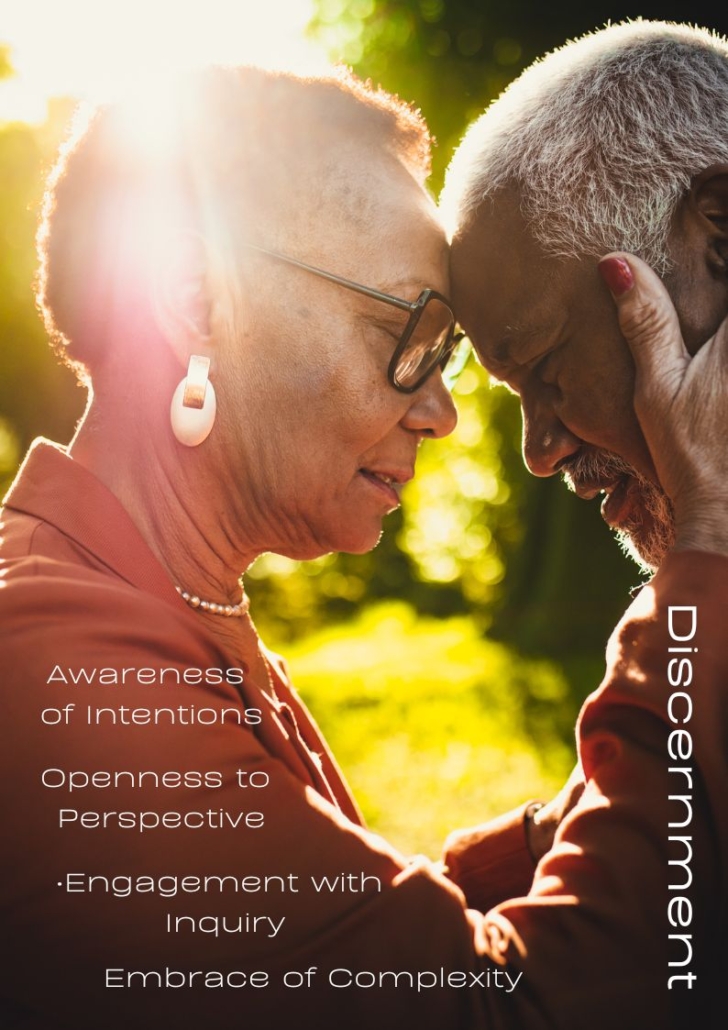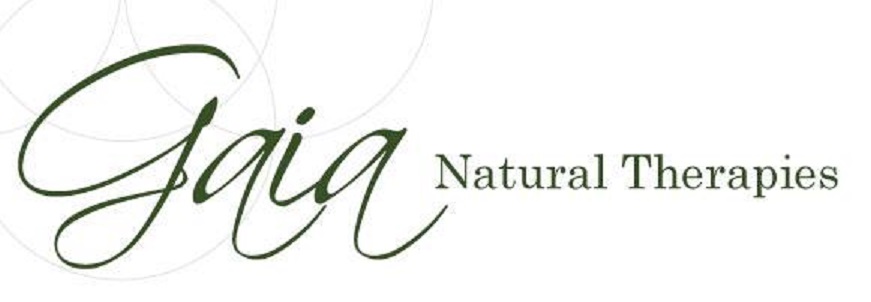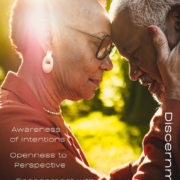Understanding Judgment and Discernment

Recently, I engaged in a conversation with fellow spiritual healers about the understanding of judgment and discernment. It was evident that these two words are often entangled, leading to confusion about their true meanings and implications. While both involve making evaluations or assessments, they invariably operate from different mindsets and intentions. Thus, it is important to understand the distinction between judgment and discernment to foster healthy relationships, promote understanding, and enhance personal growth.
N
Nature of Judgment
Judgment typically involves forming opinions or conclusions about situations, events, and people. A dictionary will tell you judgment is based on personal biases, preconceptions, and/or limited information. It often arises from a place of ego, fear, or insecurity, where individuals project their own beliefs, values, and expectations onto others without genuine understanding or empathy.
In essence, judgment tends to be rigid, categorical, and even closed-minded. It can lead to division, prejudice, and often conflict. This can consciously and often unconsciously set up barriers that hinder authentic connection and compassion. When we judge, we impose our subjective viewpoints onto reality, disregarding the complexity and diversity of human experiences.
Discernment is an Art
When we look at discernment, we are using skills that involve perceiving, analyzing, and understanding with clarity and wisdom. Unlike the nature of judgment, discernment is an art that operates from a place of openness, curiosity, and humility, allowing individuals to navigate through complexities and nuances without jumping to hasty conclusions.
To practice discernment, one is required to focus on mindfulness and self-awareness. This focus enables individuals to differentiate between facts and interpretations. Individuals become aware of ways to discern patterns and underlying motivations and recognize the broader context in which events unfold. Discernment encourages critical thinking and emotional intelligence, fostering deeper insights and meaningful connections with others.
How can we distinguish whether we are engaging in judgment or exercising discernment?
- Awareness of Intentions: Judgment more often than not stems from a place of ego or insecurity. In judgment, we seek to validate one’s beliefs or assert dominance over others. In contrast, discernment arises from a place of humility and empathy, aiming to understand and navigate complexities with clarity and compassion.
- Openness to Perspective: Judgment tends to be narrow-minded and dismissive of alternative viewpoints, while discernment embraces diversity and seeks to explore multiple perspectives without prejudice or bias.
- Engagement with Inquiry: Judgment relies on assumptions and stereotypes, whereas discernment involves asking questions, seeking understanding, and being open to new information and insights.
- Embrace of Complexity: Judgment oversimplifies and categorizes, whereas discernment acknowledges the multifaceted nature of reality, embracing ambiguity and paradoxes with humility and curiosity.
How can we cultivate discernment in everyday life?
- Cultivate discernment in our interactions and decision-making processes with a practice of mindfulness and self-reflection. Learn to become aware of our thoughts, emotions, and biases recognizing we all are a work in progress.
- Cultivate empathy and compassion by seeking to understand one another’s perspectives and experiences. Be the observer listening without judgment.
- Look for ways to engage in critical thinking and inquiry, questioning assumptions and examining evidence before forming opinions.
- Embrace uncertainty and complexity, recognizing that truth is often multifaceted and context dependent.
My final thoughts are while judgment and discernment both involve evaluation and assessment, they operate from fundamentally different mindsets and intentions. By cultivating discernment over judgment, we can foster deeper understanding, promote empathy and inclusivity, and navigate through life’s complexities with clarity and wisdom.
Choosing discernment over judgment allows us to support a deeper understanding of ourselves and of others, fostering empathy, inclusivity, and clarity in navigating life’s complexities. Discernment then becomes a guiding principle in both our personal and professional lives, shaping a culture of compassion, curiosity, and mutual respect within our communities.
In nurturing a culture of discernment, we create spaces where individuals feel valued, understood, and empowered to engage in meaningful dialogue and collaboration. This shift from judgment to discernment opens us to the richness and diversity of the human experience, facilitating deeper connections and collective spiritual growth.
Just for today, let us embark on this journey of discernment together, embracing life’s uncertainties with humility, curiosity, and compassion as our compass. Through this intentional choice, we pave the way for profound personal and professional transformation, fostering a world of understanding and connection.


